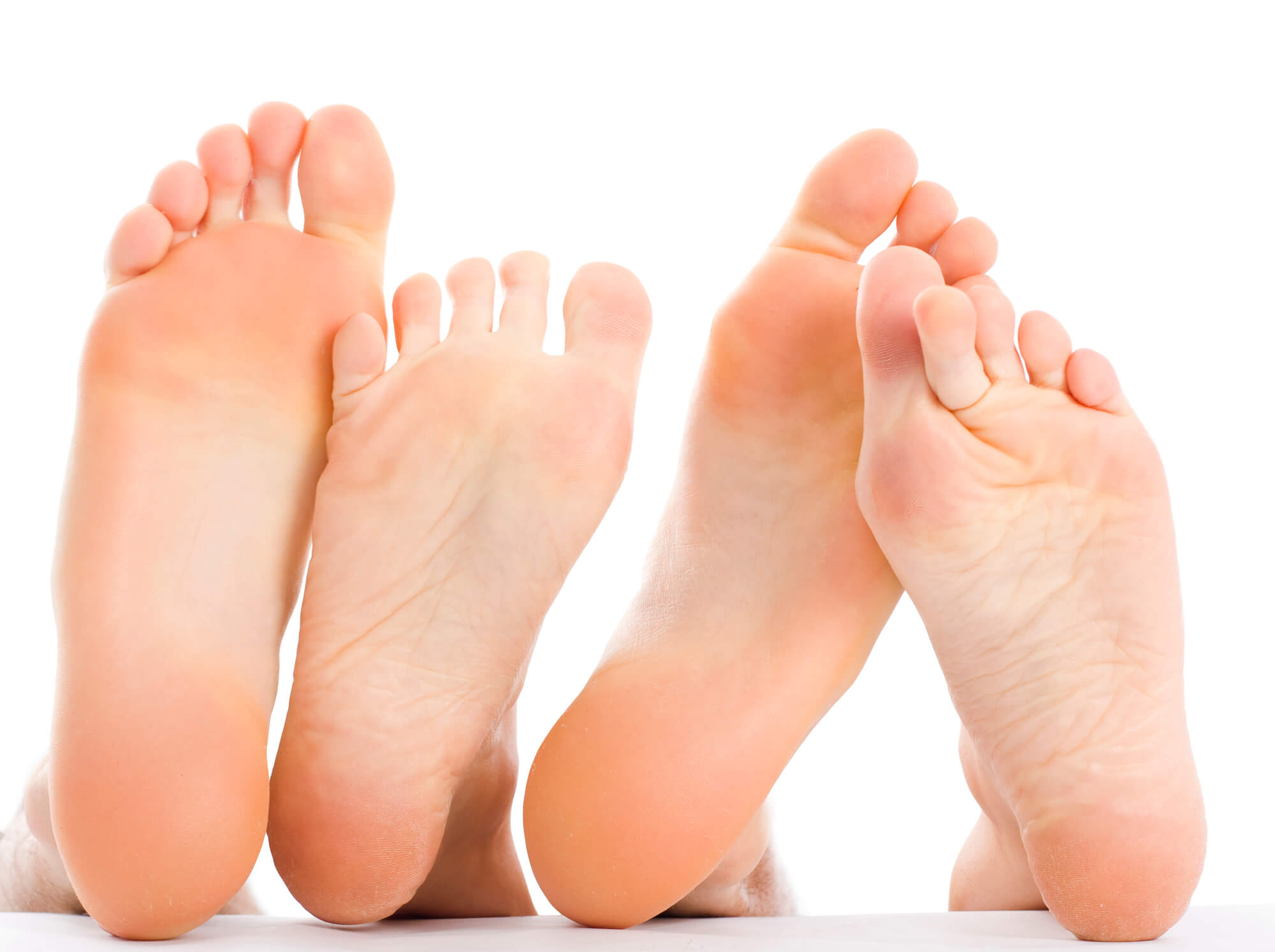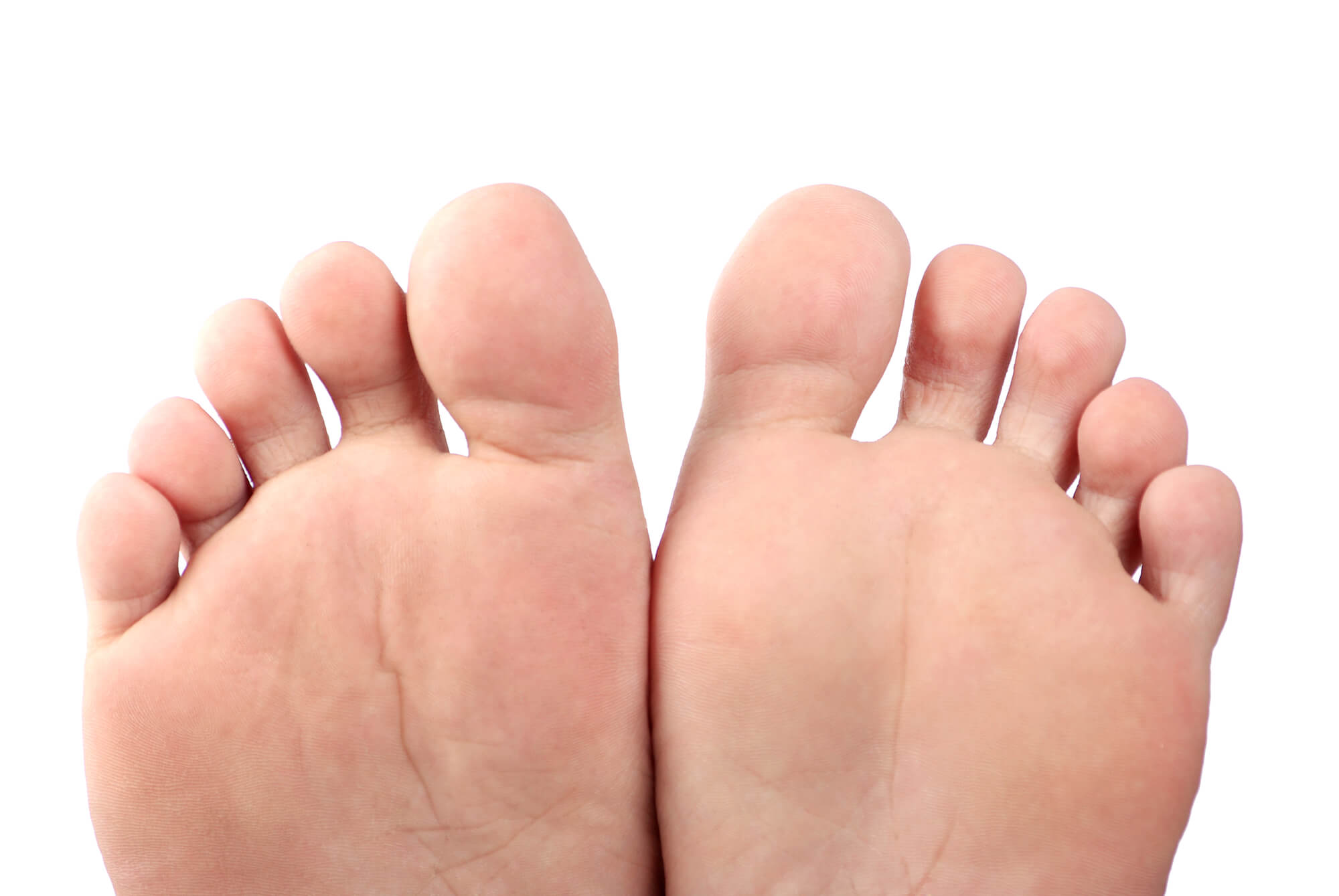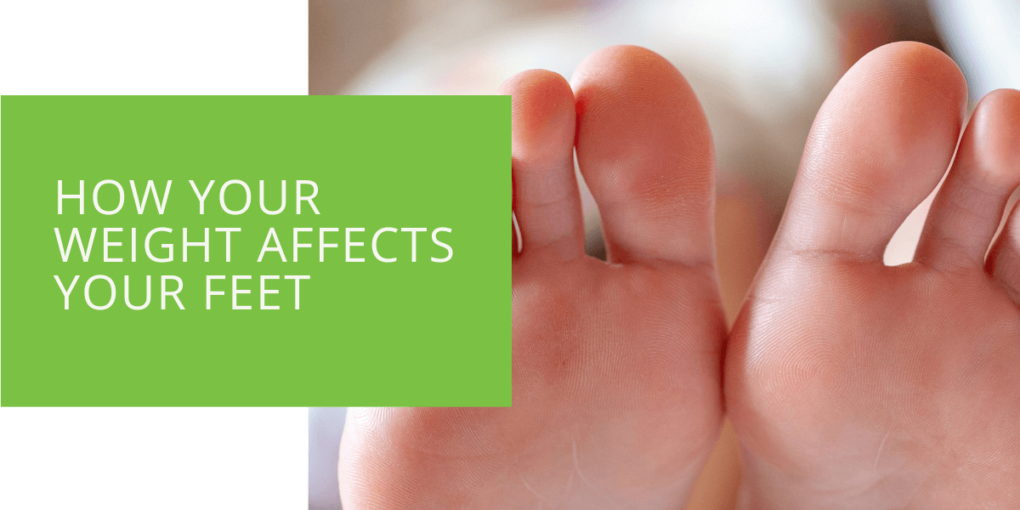How Your Weight Affects Your Feet
Our feet are the foundation of our body and how we carry our weight. Excess weight can have a significant impact on foot and ankle health, leading to a range of foot problems that can be painful and debilitating. In this article, we will discuss the link between weight and foot health and provide tips on maintaining healthy feet while managing your weight and when to see a podiatrist for professional help.
The Link Between Body Weight and Foot Problems
The foot and ankle are complex structures that carry the entire body's weight. Carrying extra weight can put great stress on the feet, leading to various problems. Here are some of the ways your weight can affect your feet:
Plantar Fasciitis
The plantar fascia is a band of tissue that runs from the heel to the toes, and extra weight can put pressure on it. This can cause inflammation and pain, which is known as plantar fasciitis. This condition is especially common in people who are overweight, obese or have a high BMI. A podiatrist can diagnose and treat plantar fasciitis and may recommend rest, icing, stretching exercises, and orthotics to alleviate the pain.
Flat Feet
Carrying extra weight can cause the arches of the feet to flatten out, leading to a condition known as flat feet. This can cause pain and discomfort, especially when standing or walking for long periods. Flat feet can also increase your risk of other foot problems, such as tendonitis or stress fractures. A podiatrist can recommend exercises and stretches to improve arch support and reduce the risk of foot problems.
Arthritis
Excess weight can increase your risk of developing arthritis in your feet, putting additional pressure on the joints. Arthritis can cause pain, swelling, and stiffness in the feet, making it difficult to walk or stand for long periods. A podiatrist can diagnose and treat arthritis in the feet and may recommend a combination of medication, physical therapy, and supportive footwear to manage the symptoms.
Poor Circulation
Being overweight can reduce foot circulation, making it harder for your feet to heal from injuries and infections. This is especially important for people with diabetic foot, who may be at higher risk of infections or slow healing due to poor circulation. A podiatrist can recommend exercises to improve circulation and foot care to prevent infections.

Maintaining Healthy Feet
If you're overweight, there are several steps you can take to maintain healthy feet:
Lose Weight
Losing weight can help reduce the stress on your feet and your risk of developing foot problems. A podiatrist can advise on the most appropriate exercises, diet, and weight loss programs to help you achieve your goals.
Choose Supportive Footwear
Wearing supportive footwear can help reduce the pressure on your feet and prevent or alleviate foot problems. A podiatrist can recommend shoes, insoles, or orthotics that suit your needs, depending on your foot structure and activity level.
Exercise Regularly
Regular exercise can help you lose weight, improve circulation and reduce your risk of developing foot problems. A podiatrist can recommend gentle exercises on your feet, such as swimming, cycling, or yoga, and help you establish a workout routine.
Practice Good Foot Hygiene
Good foot hygiene, such as washing and keeping your feet dry, can help prevent infections and other foot problems. A podiatrist can advise on how to care for your feet, such as using moisturizer, avoiding harsh soaps or detergents, and keeping your toenails trimmed and clean.

When to See a Podiatrist
If you're experiencing foot problems related to your weight, seeing a podiatrist is important. A podiatrist is a medical specialist who focuses on diagnosing, treating, and preventing foot and ankle problems. They can provide you with a diagnosis and treatment plan, as well as advice on managing your weight and maintaining healthy feet.
If you experience the following symptoms, it's important to make an appointment with a podiatrist:
- Foot pain or discomfort that lasts for more than a few days
- Swelling, redness, or tenderness in the feet or ankles
- Aching or soreness in the feet or ankles, especially after exercise
- A feeling of stiffness or limited movement in the feet or ankles
- Open sores or cuts that are slow to heal
- Numbness or tingling in the feet or toes
A podiatrist can evaluate your feet and recommend a personalized treatment plan that may include physical therapy, medication, orthotics, or other interventions.
Conclusion
Excess weight can have a significant impact on your foot and ankle health, leading to a range of foot problems that can be painful and debilitating. However, you can take steps to maintain healthy feet while managing your weight. By losing weight, choosing supportive footwear, exercising regularly, and practicing good foot hygiene, you can reduce your risk of developing foot problems and keep your feet healthy and pain-free. If you're experiencing foot problems related to your weight, don't hesitate to see a podiatrist for help. They can provide you with the professional advice and treatment you need to get back on your feet.

